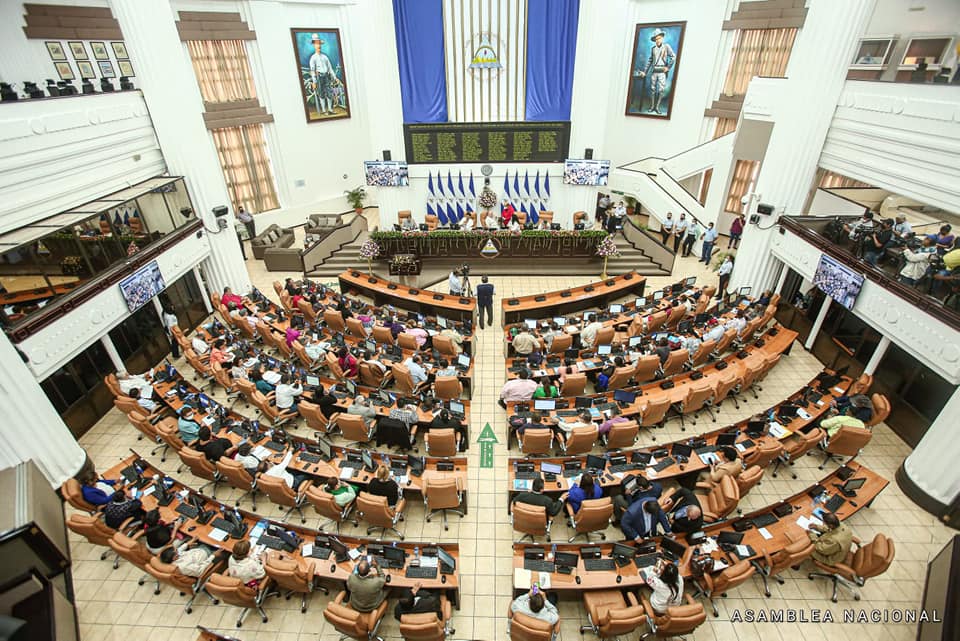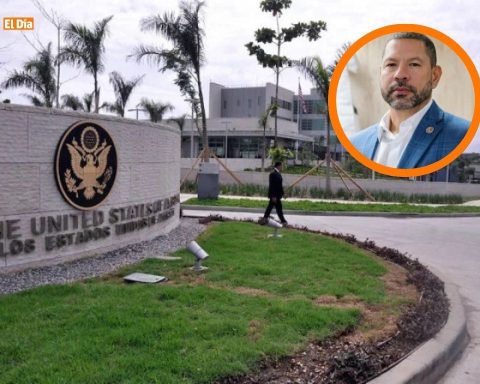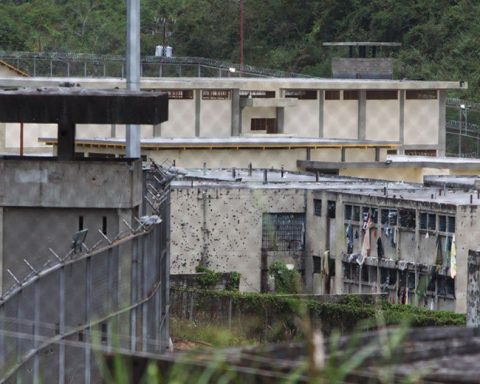The April index, which combines a series of statistics on global transportation costs, delivery times and other data, “suggests that the moderation we have seen in recent months has been partially reversed, as lockdown measures in China and geopolitical events are putting more pressure on delivery times and transportation costs in China and the eurozone,” wrote a team of economists at the New York Fed.
An Oxford Economics index of U.S. supply problems fell last month, but the improvement masked a decline in goods arriving from China, a factor that helped ease problems in the transportation sector.
A Morning Consult survey found that large numbers of US consumers said products were unavailable or harder to find in April, or that delivery times for products ordered online had slowed.
About 60% of grocery shoppers reported “difficulty finding certain items,” and 40% said deliveries of home improvement products had slowed, according to the survey.
“Supply chain conditions remained very tense in April…Logistics challenges eased…but we take this reading with a bit of skepticism as the improvement was partly artificial as that lockdowns in China slowed trade flows at US ports and weighed on business activity,” wrote Oren Klachkin, senior US economist at Oxford Economics.
Offside
The Federal Reserve and other major central banks are already raising interest rates or have plans to do so in an effort to curb inflation that is well above the 2% target that has become the norm for monetary policy in the major developed economies of the world.
The hope is to reduce demand for goods and services, as higher interest rates discourage home buying and other major purchases, thus “realigning supply and demand,” the Fed chairman said on Tuesday. Jerome Powell.
Both have been out of whack during the pandemic, particularly in the United States, where trillions of dollars in COVID-related federal spending and transfer payments have left households, businesses and local governments with money to use, even as supply chains Global supplies were reeling from waves of infections and lockdowns, now compounded by a war in Europe.
But policymakers are also hoping, as Powell put it, to “give supply a chance to catch up and a chance for inflation to come down” on its own, as goods begin to flow more easily around the world. the world.
However, the extent and speed of this has become more uncertain and increasingly important to the pace of rate hikes that central banks may have to impose, and the ultimate level of rates needed to curb inflation. . The tighter global supply becomes, the tighter central banks will have to be in their efforts to curb demand, growth and potentially jobs.
There are immediate concerns about acute problems, for example, a shortage of truckers in Europe due to the war.
“The shortage in the transport sector in Europe may worsen because many Ukrainian and Russian drivers are no longer available for work,” Isabel Schnabel, a member of the European Central Bank’s executive council, said last week.
In the longer term, the possibility of a more regionalized world economy, divided into smaller geopolitical zones, could mean a costly and lengthy adjustment to a world of higher prices.
“There is a real possibility that globalization will reverse to some extent,” Powell said. Although local industries would adapt over time, “it would be a very different world” from the one created by 30 years in which prices generally rose slowly.
The situation has put a spotlight on whether China’s strict COVID-containment policies will be relaxed and, if so, how quickly the country’s output of manufactured goods and industrial goods can recover.
China Beige Book, a country-focused data and analytics firm, noted in a note last week that arrears were likely to worsen, which could cause the Chinese economy to contract in the second quarter of the year and possibly increase of inflation instead of peaking in the coming weeks.
Noting that Chinese ports “are seeing near-historic levels of backlogs,” the firm wrote that “if China’s supply chain delays cause a second wave of price increases in the United States in early summer, then the Fed will be ready.” completely immobilized in terms of what it can do.
The lockdowns in China “appear to be impeding the production and flow of goods and services, given how extensive they are, and compounding the supply chain difficulties we’ve had that have sent prices soaring,” Secretary of State said on Wednesday. US Treasury Janet Yellen at a press conference in Bonn, where she will meet top finance officials from the G7.
“China’s economic performance really has an impact on growth around the world,” Yellen added.

















